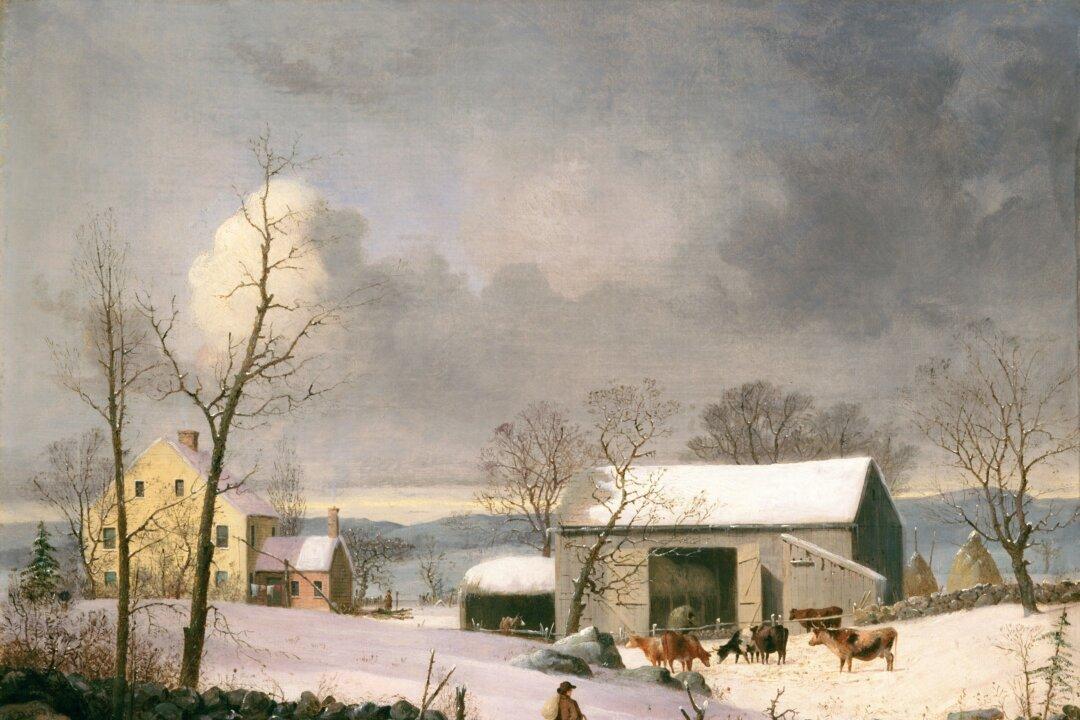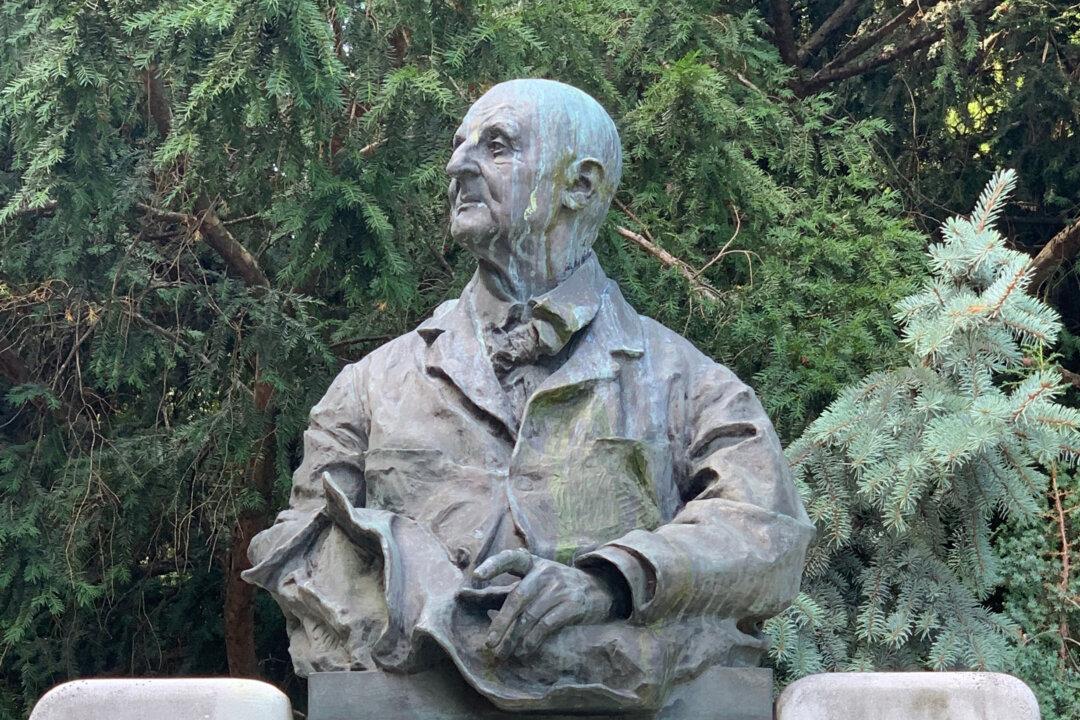Winter is more than a period of darkness and cold. Things appear to draw into themselves, but in truth they gestate and germinate out of our sight. Hard seeds begin to force roots through cold ground, and branches hold in their tight fists the blossoms they will release in good season.
It’s easy to forget how closely aligned we are with nature’s cycles. We too are inclined to draw inward at this time, harbor the forces gathering inside us, and prepare for the renewed life that lies, for the moment, just beyond our grasp.
A Hymn

A Folk Melody

The world without is indeed volatile, sometimes stormy, sometimes beautiful, but the world within is a different matter. It does its best work quietly, taking in life’s events, translating them into thought and emotion.
Friedrich Rückert wrote “I Have Absorbed the Spring,” a description of this mysterious alchemy: “Here, in my heart are the blue skies, here the green fields, here the flowers and their fragrance.” These things remained with him although winter had come.
A Song

Winter is a symbol as well as a season. One recalls “The winter of our discontent,” or “The winter of our days.” At the end of the 19th century, our great artists, who were prophets and seers as well, knew that the years to come would be dark, turbulent, violent. Revolutions would come, great wars were imminent, people were losing their faith and abandoning their traditions.
Such foreboding inspired Richard Strauss in 1900 to set the lyrics of Karl Henckell’s “Winter Dedication” to music:
“In these winter days, now that the light grows dim, let us confide to one another the light we carry in our hearts. The wheel of time may roll, we cannot interfere, but day and night, in our union with one another, we shall keep love’s promise.”
And so, year after year, nature continues to tell her story, keep her promise. “The trumpet of a prophesy!” Shelly writes. “If winter comes, can Spring be far behind?”








